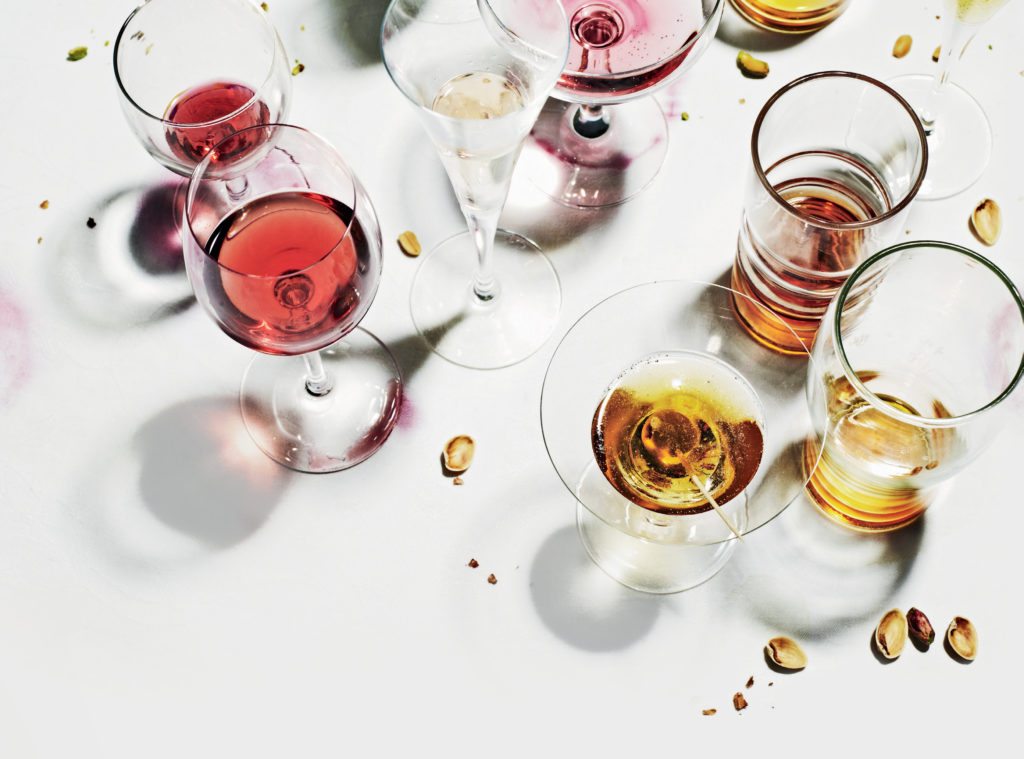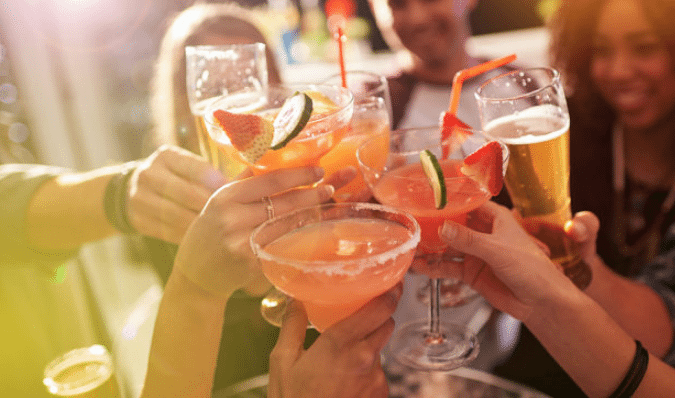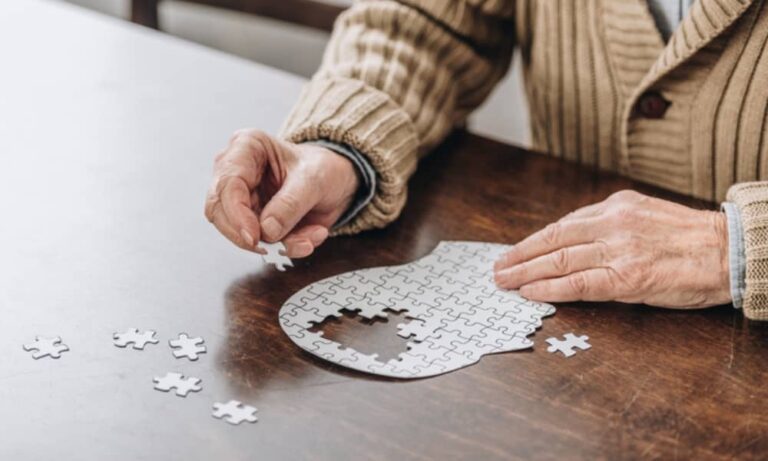The term ‘binge drinking’ generally refers to drinking heavily over a short period of time with the intention of getting drunk, resulting in immediate and severe intoxication, explains Laura Bajurny from the Alcohol and Drug Foundation. However, according to guidelines published by the New Zealand Ministry of Health, drinking more than two standard drinks for women/three for men on any day increases your lifetime risk of harm from alcohol-related disease or injury, and drinking more than four standard drinks for women/five for men on a single occasion increases the risk of alcohol-related injury arising from that occasion.
A standard drink is any drink containing 10 grams of alcohol. This equates to a 375ml bottle or can of mid-strength beer, one nip of spirits or a small glass (100ml) of wine. A bottle of red wine at 13% alcohol, for example, contains 7.7 standard drinks.
Cultural Context
“Binge drinking is cultural,” says Bajurny. “It doesn’t happen in all societies that consume alcohol. In European countries, like Italy and France, consuming alcohol revolves around food and is served in smaller units. Binge drinking isn’t accepted or commonplace like it is in Australia and New Zealand.”
The short-term or immediate harms from binge drinking can include headaches, nausea, vomiting and potential memory loss. “Intoxication as a result of binge drinking also increases the risk of accidents and injury, which could be anything from a twisted ankle to a really serious fall or broken bones”, Bajurny says. In addition to health implications, binge drinking carries a number of behaviour-based risks, including assaults, car accidents, embarrassment and financial loss.
Heavy binge drinking also carries the risk of alcohol poisoning, which may result in hospitalisation or even death. Just one heavy binge drinking session could lead to a heart attack. “Alcohol, especially when it’s been consumed in larger quantities, such as in a binge drinking session, can continue to affect you the following day,” says Bajurny. “Hangovers can significantly increase lapses in attention and can impair your ability to work or drive.”
The long-term effects of continual binge drinking are just as serious. “Alcohol is toxic to most organs in the body, such as the liver, brain, heart and stomach, as well as being linked to a variety of cancers. Regular binge drinking reduces your sex drive and performance, and damages your reproductive organs. And continued binge drinking increases the risk of becoming dependent on alcohol,” she says.
Do you have a problem?
John Scott, CEO of DrinkWise, says: “If you regularly consume alcohol over a long period, and continually increase the amount you drink to achieve the same effect, this is a good indication of increased dependency.” He also says if you need a drink to relax or enjoy yourself, you plan all your events around alcohol or find it hard to stop drinking once you start, you may have become, or are becoming, alcohol dependent.
High Tolerance
You feel the effects of alcohol faster or slower depending on your size, weight and health, as well as if you’ve eaten prior to drinking. But this is different to tolerance, explains Bajurny. “Tolerance occurs when our body becomes used to the effects of alcohol and requires more of it to get the same effect”, she explains. Whether or not you have alcohol tolerance, drinking heavily over a short period of time with the intention of getting drunk is still binge drinking. “This can put you at increased risk of developing a dependence on alcohol,” says Bajurny.
Drink Safe
Staying within the Ministry of Health’s guidelines – no more than two for women/three for men standard drinks a day regularly is a good place to start drinking responsibly. Other tips are to quench your thirst with a non-alcoholic drink first, alternate alcoholic drinks with non-alcoholic options, and eat before and while drinking. “It can also help keep your drinking responsible to avoid ‘top-ups’ so you know how much you’ve had, and to avoid getting into ‘rounds’ or ‘shouts’ that might make you drink more than you’d intended,” advises Bajurny.
If you think you may need professional help with your drinking, see a GP, a local health service or a call a helpline for advice. Go to alcoholdrughelp.org.nz/problem for New Zealand or drinkwise.org.au for Australia.

Read more:
What Happens To Your Body After Drinking Alcohol?







